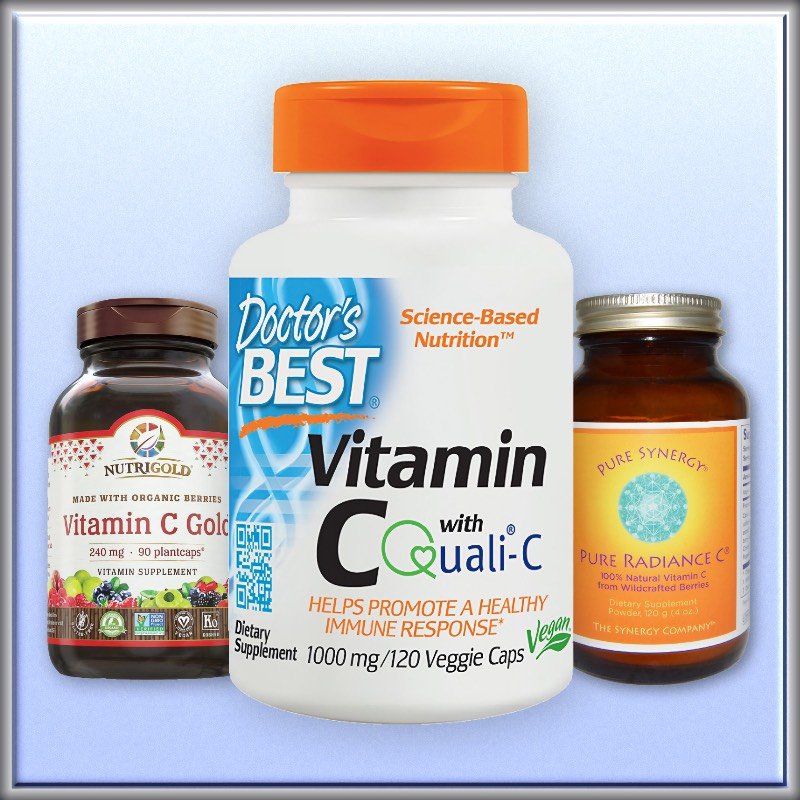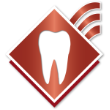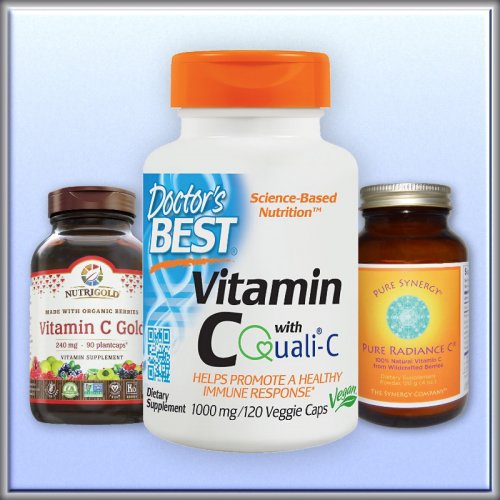
Humans are one of the only mammals unable to produce vitamin C internally. And since vitamin C is necessary for life, we need to rely on nature to provide it in our food. But are we getting enough?
In the context of dental toxins, vitamin C's role is critical in the pursuit of health. Mercury, for example, is a strong pro-oxidant. This dramatically increases the body's need for antioxidants.
Fundamentally, oxidation is a loss of electrons. If a toxin steals an electron from an important biomolecule such as DNA, protein, an enzyme, a cell membrane, an arterial wall, etc, then that molecule is damaged due to electron depletion. To be repaired, it needs its electrons back. This is where anti-oxidants come in. An anti-oxidant will donate an extra electron, or two in the case of vitamin C, to repair the damaged tissue and restore function.
Vitamin C is a great anti-oxidant because it "happily" donates electrons to something in need. However, once vitamin C donates its electrons, it becomes depleted and useless, unable to perform other functions it normally would.
Dentally, there are many conditions -- amalgam fillings, root canals, cavitations, infections, even tartar buildup on the teeth -- that are all significant sources of toxins. Most of these sources are chronic, leading to a steady stream of toxins flowing from the mouth to a specific target area. This target tissue falls under continuous toxic assault and perpetual oxidation. Its electrons are depleted. So vitamin C is continuously used up to repair the damage and donate electrons back. This cycle results in a chronic depletion of vitamin C, hindering the many functions that depend on vitamin C such as the formation of collagen, for example. Vitamin C is required to form collagen. And collagen is required to keep all our tissues in good health, including gums, arteries, and much more.
To summarize, dental toxins cause vitamin C and collagen depletion which results in weakened tissues and leads to gum recession, arterial wall weak spots, and many more conditions.
Vitamin C supplements come in two forms - natural and synthetic. The synthetic form is usually referred to as ascorbic acid, or AA. (It can also be buffered, meaning a salt form instead of an acid form.) The natural form exists in real food like berries. In the past, vitamin C was made in the USA, but like most things manufactured, the US plants were out-competed by the Chinese plants. Now, almost all AA is made in China, and some of these plants have been shown to be unreliable in their purity. In fact, some tests have shown AA from China to be contaminated with mercury, lead, arsenic, and more. Luckily there's an AA plant in Scotland prized for its purity (independently tested) which is distributed as "Quali-C." Some manufacturers use this Scotland-sourced Quali-C instead of the more common and cheaper China-sourced AA.
Synthetic vitamin C has the benefit of providing high potency anti-oxidant power at low costs. In the presence of toxins such as mercury and chronic dental infections, our body's anti-oxidant demands can be quite high -- much higher than we may realize and much higher than even a natural diet can provide. The drawback to synthetic vitamin C is that at higher doses it may decrease ceruloplasmin (an important copper-binding protein) which can then result in iron regulation problems. However, again, with the oxidative burden caused by some dental issues, anti-oxidant needs may not be met with natural vitamin C. And failing to meet anti-oxidant needs can lead to cancer, heart disease, and other major systemic crises.
Natural, food-based, vitamin C comes with about 200 cofactors provided by nature. This natural "package" is important for various functions. Given the included cofactors, natural vitamin C is bulkier and has much lower ascorbic acid content per dose. Therefore it may have a lower anti-oxidant ability compared to the higher dosed synthetic version. (Some believe it may be higher!) I believe both are important, and I try to take as much natural C as I can afford, relying on synthetic C to boost anti-oxidant levels to the needed amount, always being cautious of copper depletion.
Testing
To test the body's current need for vitamin C, an "ascorbate calibration" test can be performed. This is a home self-test and instructions can be found here on perque.com. Since anti-oxidant needs can vary so much and are so important, this test is highly recommended for anyone dealing with heavy metal toxicity or any chronic dental infections.
| Synthetic, Scotland-sourced ascorbic acid | |||
|---|---|---|---|
| iHerb | Amazon | Vitamin Shoppe | |
Natural, food-sourced organic vitamin C | |||
|---|---|---|---|
| Naturelo: | |||
| NutriGold: | discontinued | ||
| Pure Synergy: | iHerb | Amazon | |

Categories: Supplements




